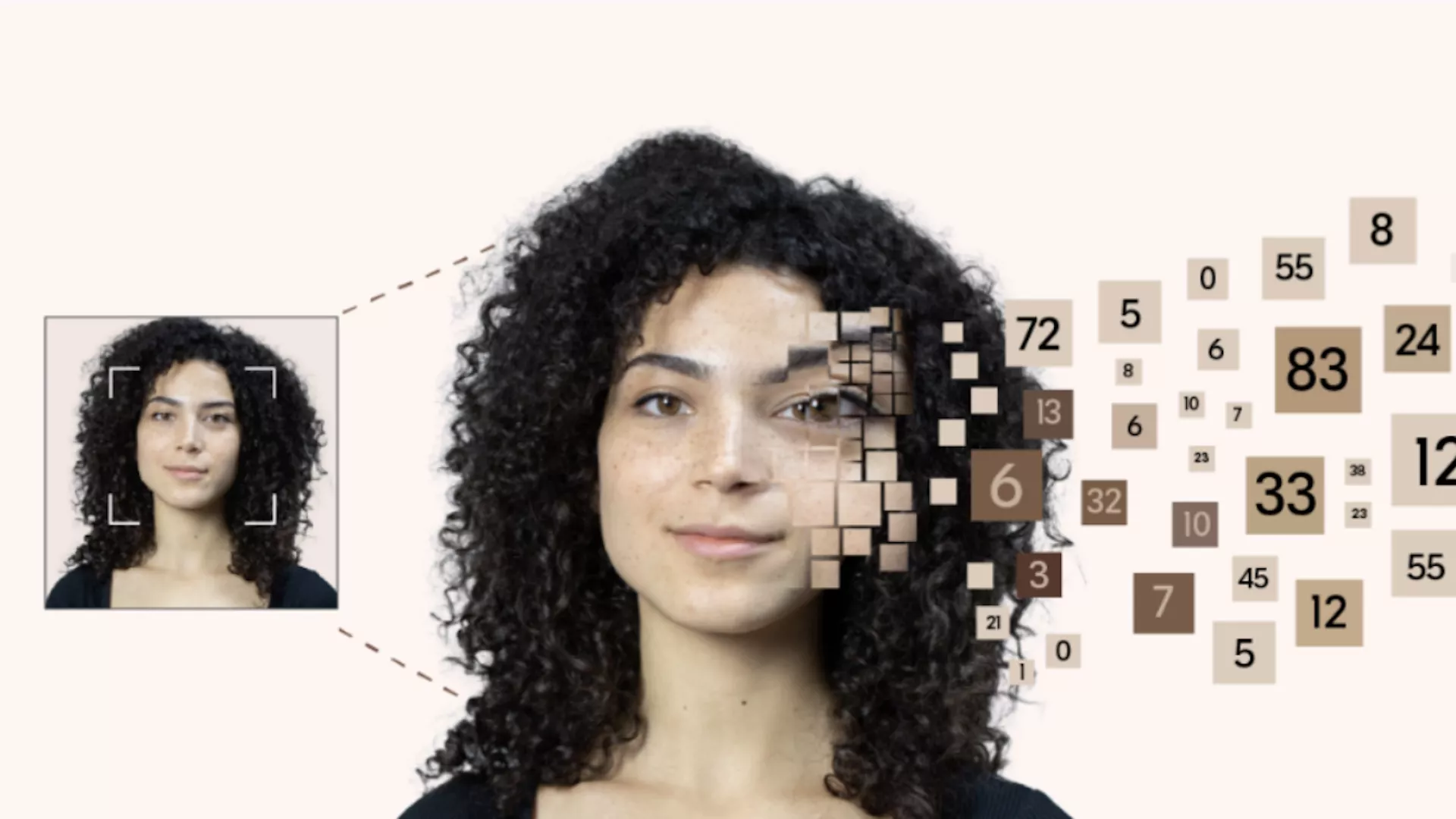Most of us are beyond the age to need verification if we are old enough to play games, no matter the rating. However, a new proposal by the Entertainment Software Ratings Board (ESRB) is seeking feedback on behalf of the Federal Trade Commission (FTC) to see if people want to have their faces scanned for this purpose.
The Proposal
This trend began with Tencent, the Chinese gaming mega-corp, who started using facial recognition technology to prevent children from playing video games too often. Now it’s being picked up by the ESRB in a similar way.
In collaboration with Yoti and SuperAwesome, both digital identity companies, the ESRB has filed a proposal to the FTC to acquire approval for a “verifiable parental consent mechanism” known as Privacy-Protective Facial Age Estimation.
Use Case
The “use-case” involves parents taking a selfie to ensure that the system verifies the presence of an adult, who can then grant necessary permissions on behalf of their child. On average, the process is supposed to take less than a second, with images permanently deleted once the verification finishes.
According to the filing, “the upload of still images is not accepted, and photos that do not meet the required level of quality to create an age estimate are rejected…these factors minimize the risk of circumvention and of children taking images of unaware adults.”
Issues and Concerns
Kids aren’t dumb, and they will easily outsmart the system one way or another. But that’s not the only risk. Facial recognition technology is still a growing field, and at the moment, it’s still racist.
In the United States, a study found that African American and Asian people were more likely to be incorrectly identified than practically any other ethnicity.
Concerns about system fairness have been dismissed by the ESRB. The filing states that:
The data suggests that for those between 25 and 35, 15 out of 1,000 females vs 7 out of 1,000 males might be incorrectly classified as under-25 (and would have the option of verifying using another method),” the filing states. “The range of difference by skin tone is between 8 out of 1,000 vs 28 out of 1,000. While bias exists, as is inherent in any automated system, this is not material, especially as compared to the benefits and the increase in access to certain groups of parents.
ESRB FTC Filing
An Additional Method
This system is not being proposed as a successor or replacement, but rather “an additional, optional verification method” designed to help people that aren’t carrying a photo ID. But let’s be real, if you’re in a public space without a photo ID, how did you even make it there to begin with?
Go share your thoughts by August 21 on the matter at federalregister.gov.

